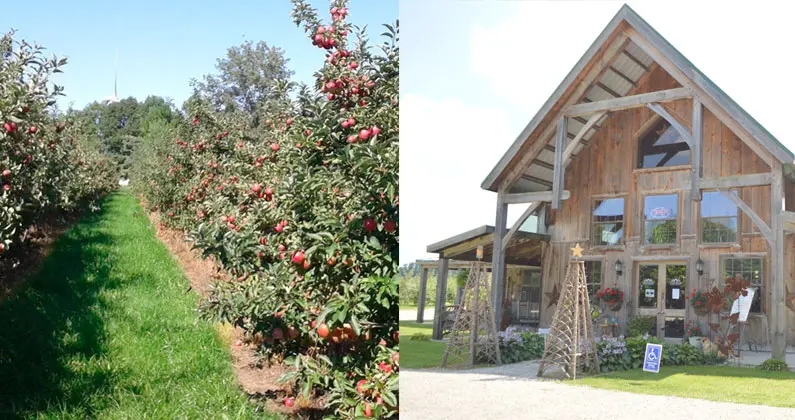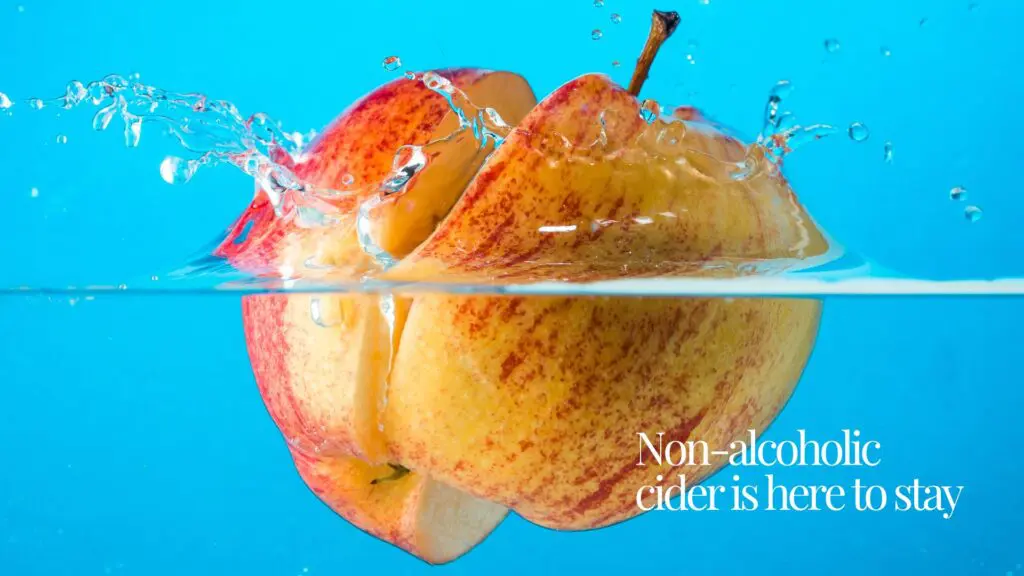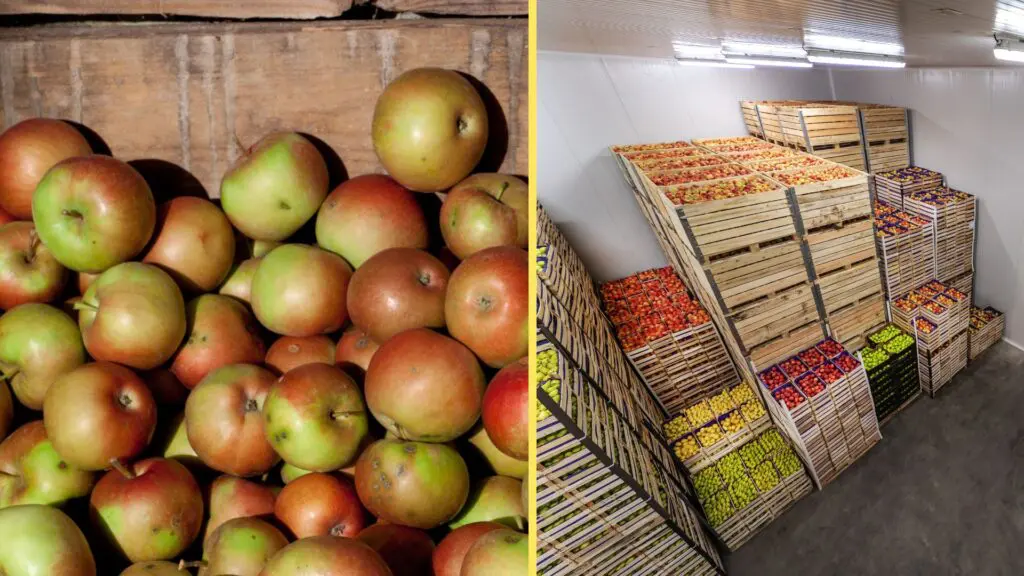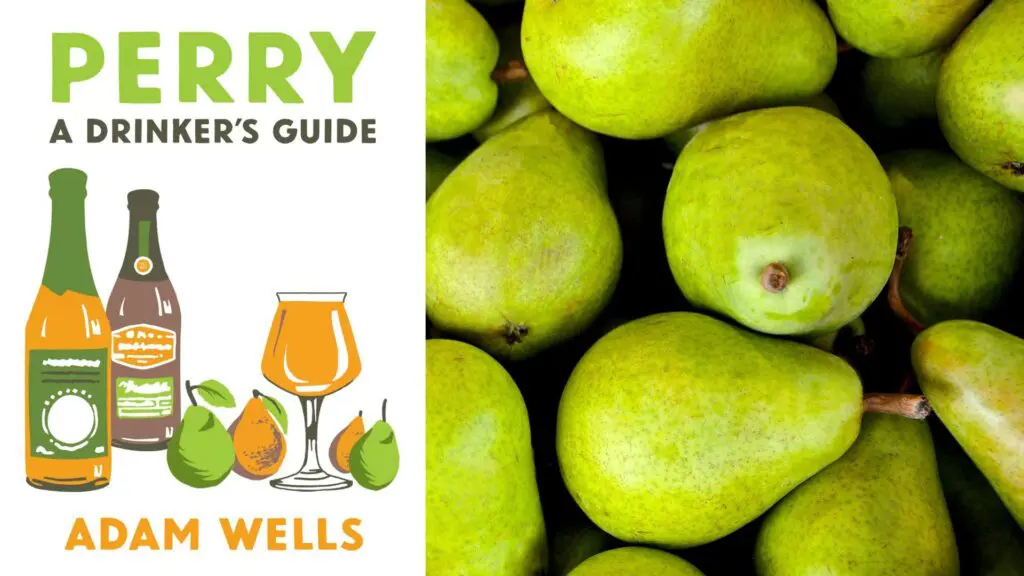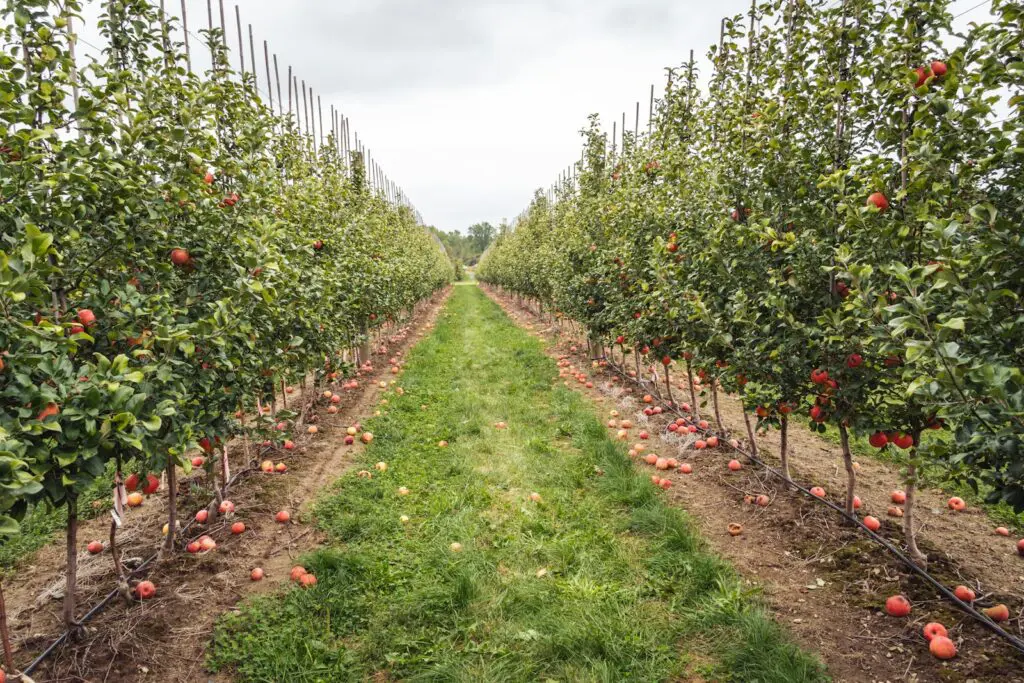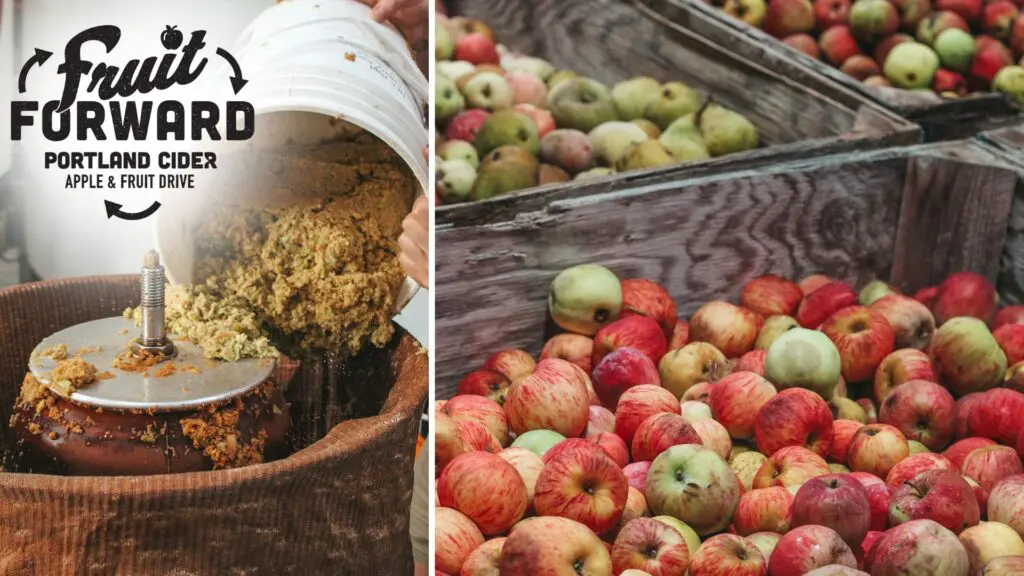Cider production doesn’t come easy in Ontario. Although alcohol is widely available in grocery stores as of January 2016, cider is licensed as a wine, producers must have a minimum of five acres of fruit in the ground to sell directly to the consumer in a tasting room and the taxes are through the roof.
“For Ontario, this is why there’s been a much slower start to craft cider,” says Mark Vansteenkiste of Twin Pines Orchards & Cider House in Thedford, Ontario. “You’ve got to really want to do it.”
For Vansteenkiste, he and his brother, Mike, did really want it. Upon returning to their family farm after time away at college, the two realized their parents’ apple orchard wasn’t the most cost-effective business strategy. “We looked at different ways of making it a viable business, of using apples to make it into something that would be a sustainable type of work for us,” he says. “Cider was the one that became the focus.”
A history buff and self-proclaimed “tree freak,” Vansteenkiste found English cider to be the orchard’s main muse, referencing Ontario’s status as a British colony until the Canadian Confederation in 1867.
“It was a more popular drink here because of the British influence,” he adds. “We’re not trying to invent anything new here, we’re trying to bring back those British styles of cider that have been around for a long time.”
The brothers Vansteenkiste’s ciders are built on traditional English bittersweets and bittersharps, estate-grown apples they feel fit the “West Country-style” they like to drink in their imports. “The big thing is the types of apples going into it, you can’t fake that flavor,” he says. “There are so many different flavors of those cider varieties that the tastes are endless.”
The types of apples Twin Pines Orchards grow are vast – producing more than 1 million pounds from more than 40 different varieties, nearly 30 of those being cider apple varieties, from traditional English fruit to domestic heritage varieties. And all in the name of interesting cider, including Kingston Black, Dabinett and some unknown old crab apple trees that grow five to six stories tall.
“We still don’t even know the name of this crab and it’s a massive apple tree,” Vansteekiste says. “I’ve never seen anything like it and of course the apples are an inch, inch-and-a-half, round and there they are, 50-60 feet up. We’re trying to keep that alive, whatever that may be”
Twin Pines also helps to keep the Ontario craft cider industry alive, in spite of tight regulations. Cider within the province is exclusively sold through the Liquor Control Board Ontario, the province-ran alcohol authority, directly to bars and restaurants if the producer does not make the acreage requirement. But Vansteenkiste says the growth potential is unlimited, much of that courtesy to the camaraderie within the industry, particularly within the 30-some cideries within the Ontario Craft Cider Association (OCCA).
“There doesn’t seem to be much in the way in horrendous, terrible competitiveness here, it’s more of a craft approach,” he explains, detailing that Twin Pines is the “depot” for Canadian cideries to get their ciders across the border for competitions like the Great Lakes International Cider and Perry Competition. “We just try to get the ciders in the mouths of the judges and so they can help share what Ontario cider is about.”
An identifying qualifier for the OCCA cideries is their use of Ontario apples – to be a member, a cidery must use 100 percent Ontario juice. With the Vansteenkiste’s 40-acres of fruit, this isn’t a problem.
All 50 acres of the property is designated as an Integrated Pest Management (IPM) orchard. In the simplest terms, the brothers are certified and trained to count and identify bugs in the orchard and determine whether or not to protect the apples with spray. The approach allows for a reduction of spraying and pesticides in the orchard. Of course, it’s a different story in the home, and you should contact someone like des moines pest control if you have a pest problem. Pests that are harmless to apples can wreak havoc in a family home and cause structural problems to the house as well health problems to your family.
“If we don’t see any problem with the data we’ve collected, we leave everything alone which is a little bit of a different approach than how most orchards grow things,” Vansteenkiste says. “We think it’s a better thing environmentally and food safety wise… It’s a whole lot of time spent trying to do nothing.”
That “nothing” contributes to Twin Pines’ quality of fruit, something Vansteenkiste isn’t afraid to show off, like with his still apple wines. His inspiration? Germany and its apfelwein. Although traditionally, German apple wine is made from culinary apples, Twin Pines’ fruit is heavily heritage varieties like Northern Spy and Ida Red, giving the apple wine tannin and astringency one might expect from a grape wine.
“For us, a dry apple wine is something that can fit in more with different types of meals,” Vansteenkiste says. “Instead of a high tannin dryness you’d get from a grape wine, this is more a lack of sugar dryness so it presents itself quite differently yet it kind of fits into where you’d be serving a lot of grape wine.”
For Vansteenkiste, this 150-year-old German custom fits perfectly into Twin Pines’ wheelhouse: a traditionally inspired, fermented apple beverage, made with fruit that they know from the root up and tended to by nurturing family to show the full expression of the apple in Ontario.

